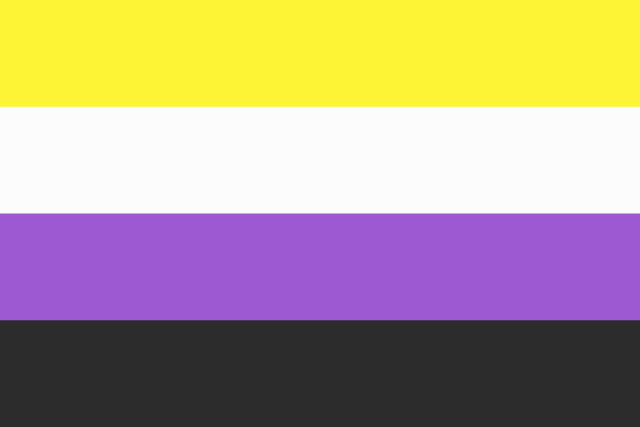How to answer when a child is asking us "is it man or woman?"
How to answer when a child is asking us "is it man or woman"?
If the child asks this question in the public space
It's good to respect the curiosity of the child as well as the comfort of the person the question is about. Because of that, it is recommended to answer kindly and truly but shortly. The longer explanation we can postpone for later when we will be with the child alone (at home, after leaving the public transport, etc.).
There is no perfect answer for that question which everyone will like (especially that for some people just asking about gender loudly may be hurtful), so I will try to give you few examples:
- "I think it may be uncomfortable for the person you ask about. Let's talk about it a bit later"
- "I didn't think about it. If we would know each other, we could ask about the name or what personal pronouns does this person prefers, but now we can't do it."
- "Usually we assume the gender of another person based on their clothes and look. Sometimes it's not a good solution because we all can look and wear whatever we want to. I will gladly talk about it with you at home."
- "I don't know. It's just a person, which goes somewhere in a bus, just like us."
- "I can't answer this question because I don't know this person. Only they know it."
- "It's difficult for me to focus enough to talk about it now. I will think about how to answer and when we will be alone, I'll tell you"
Don't say "let's ask them"
The answer to this question may be difficult for that person because of so many reasons. Maybe they hear this question too often, maybe they are transgender or nonbinary but they travel with someone who doesn't know that. It may also be dangerous in some circumstances because a similar situation brings the attention, also of homophobic and transphobic people.
Remember that this person is in the middle of their business. They may go to work, for shopping, visit friends. They may not be in the mood to answer your questions and educate strangers about their gender identity. If they will want to, they will join the conversation but it has to be their decision, not yours.
What is worth adding in a conversation at home?
First of all, if you promised your child the explanation at home, don't avoid the conversation. They have the right to learn something they are curious about. If you don't know the answer to some question, don't be afraid to admit it - you can offer to look for the answer together with the child.
In the conversation it's good to say how do we usually recognize the sex of other people, what's the difference between sex and gender, we should add that men can sometimes wear make-up or dress and women can have short hair.
It is worth talking with the child about diversity daily, watch cartoons, and read about that kind of thing. That will help us to avoid similar questions or when the child will ask it, we can remind them of our previous conversations.
Summary
That post may be used in many different situations like when a child is asking about disabilities, age, or skin color. Remember that kids are asking many questions because of curiosity, they don't have any bad intentions so there is no need to add to every answer things like "all people are equal" or that "you should respect this person" to not suggest to tat asking means being disrespectful and treating others unequally. It's also not correct to pretend there was no question, punish them for curiosity, or creating stories about the people we don't know.
Thank you for reading,
@papi.mati

Muy bueno el escrito, tengo un hijo muy curioso y me has dado ideas de cómo responderle de acuerdo a tus sugerencias. Gracias 😊